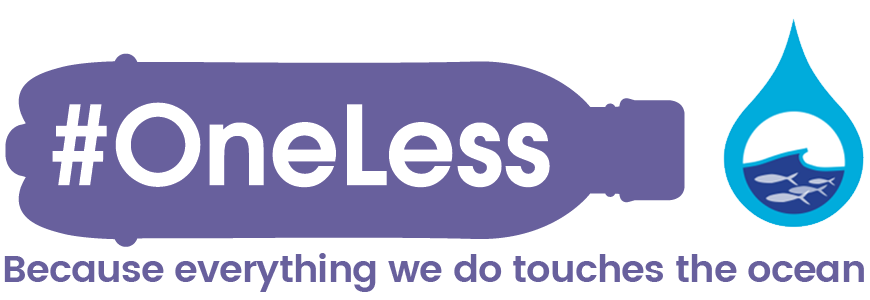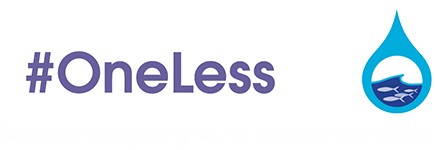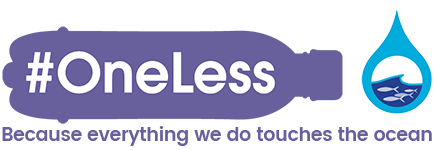Guest author: Kathryn Bullough, University of Exeter
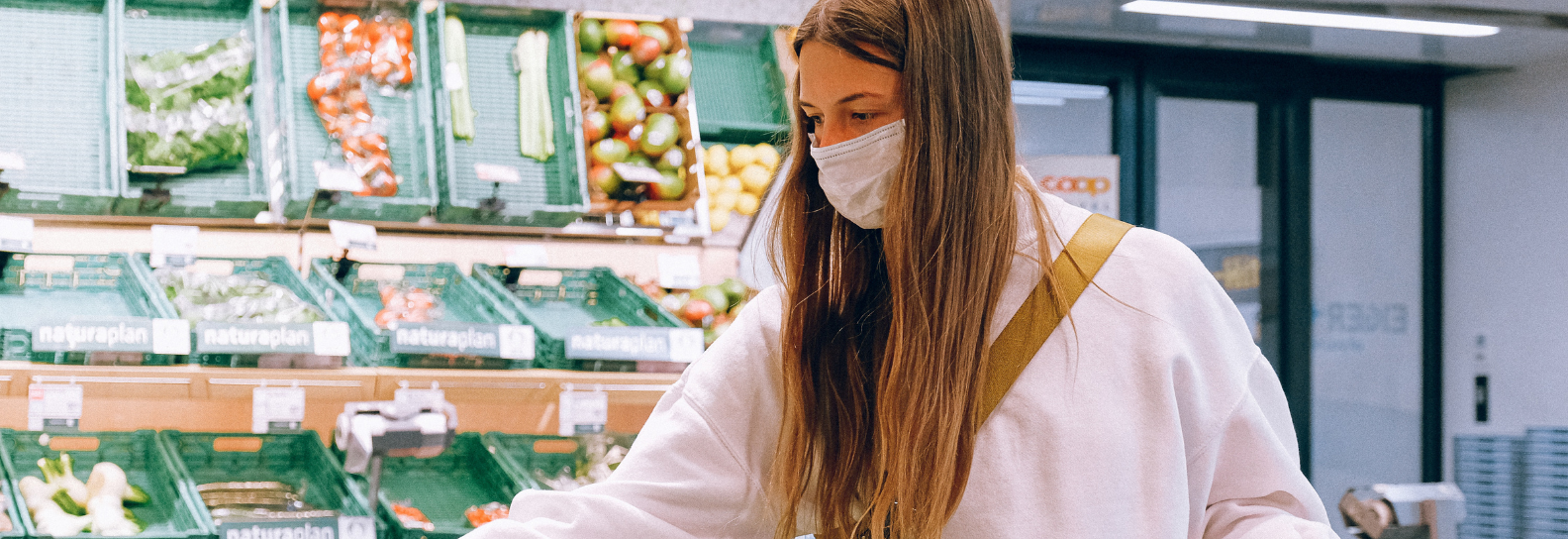
In June 2021, I fully immersed myself in the world of #OneLess, skimming through vast amounts of papers, pondering over survey questions, and refreshing my stats skills with data collected during plastic clean-ups on the Thames. All of this was because I was interested in answering one question – how has COVID-19 impacted plastic bottle pollution?
It’s no secret that the pandemic has drastically altered the way we use plastics, with millions of items of single-use Personal Protective Equipment (PPE) now being used and disposed of every day1. However, the impact of COVID-19 on our use of non-pandemic-related plastic, such as plastic drink bottles, is yet to be fully understood.
The packaging sector currently accounts for 40% of the production of all plastic material on the planet2, with 95% of this packaging being thrown away after a single use3. Clearly, this is a key area to look at when researching how our environmental impact might have improved or deteriorated during the pandemic. Yet, as my reading would reveal to me, to date there have been next to no large-scale studies addressing this question. And so, my journey began on a rainy Monday morning at the start of June, when I was quite glad to be sitting indoors and getting my head stuck into some data.
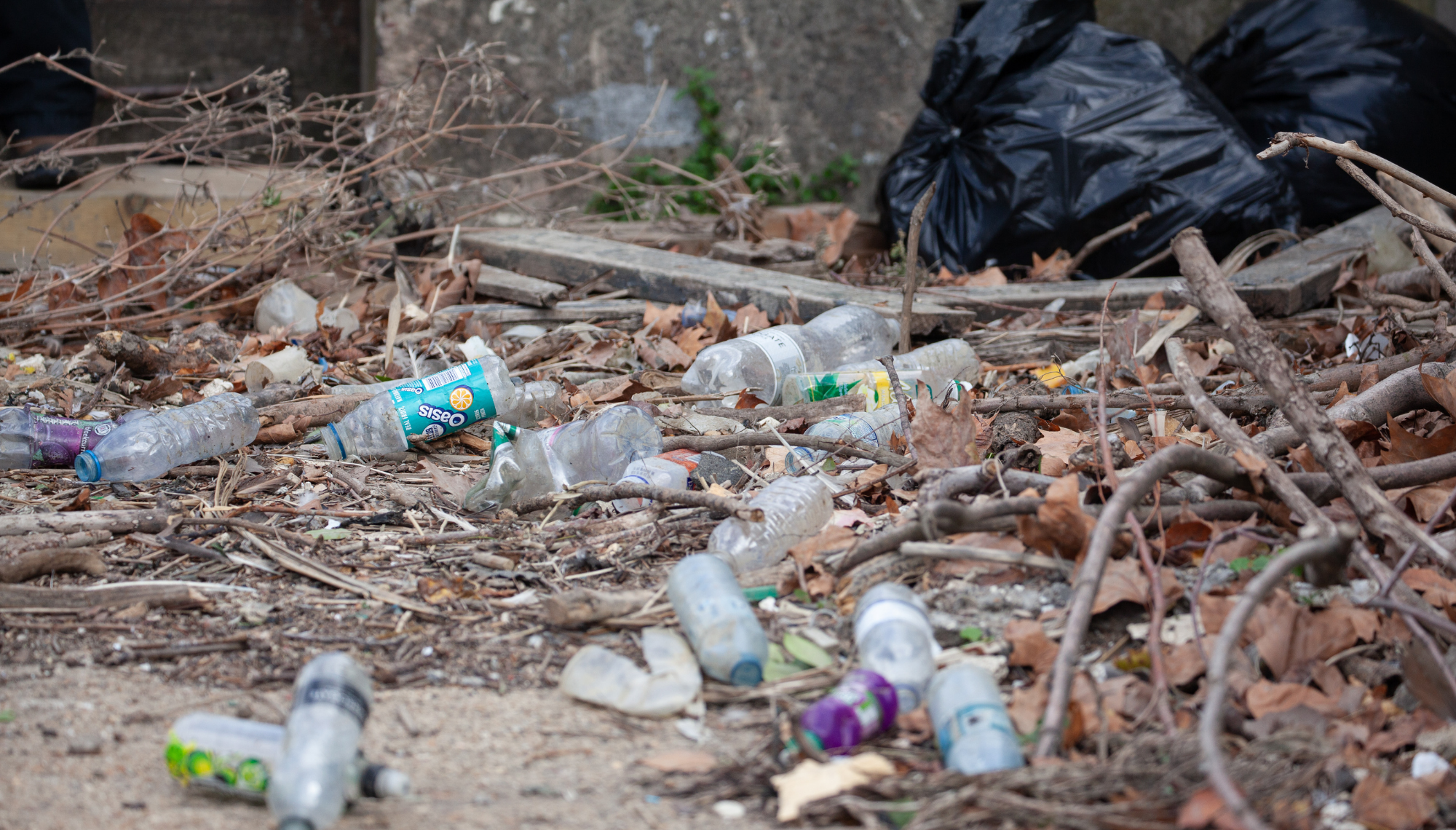
Public attitudes and behaviours
When looking at changes in plastic pollution, it’s useful to start with the source of the problem – humans. Throughout the pandemic, BRITA and the Greater London Authority (GLA) have been tracking shifts in public opinion and usage of plastic water bottles and refillable alternatives, so I decided to take a closer look at this survey data to understand what it might be telling us.
Initial results demonstrated a significant decline in the likelihood that Londoners would use public water fountains going forward due to an increase in hygiene concerns4,5,6. However, it would appear that this opinion change isn’t yet taking effect. Typically, plastic water bottles are bought on-the-go rather than at home7, and therefore the ‘stay-at-home’ measures have meant that the public is drinking more tap water at home and plastic bottle usage has dropped6.
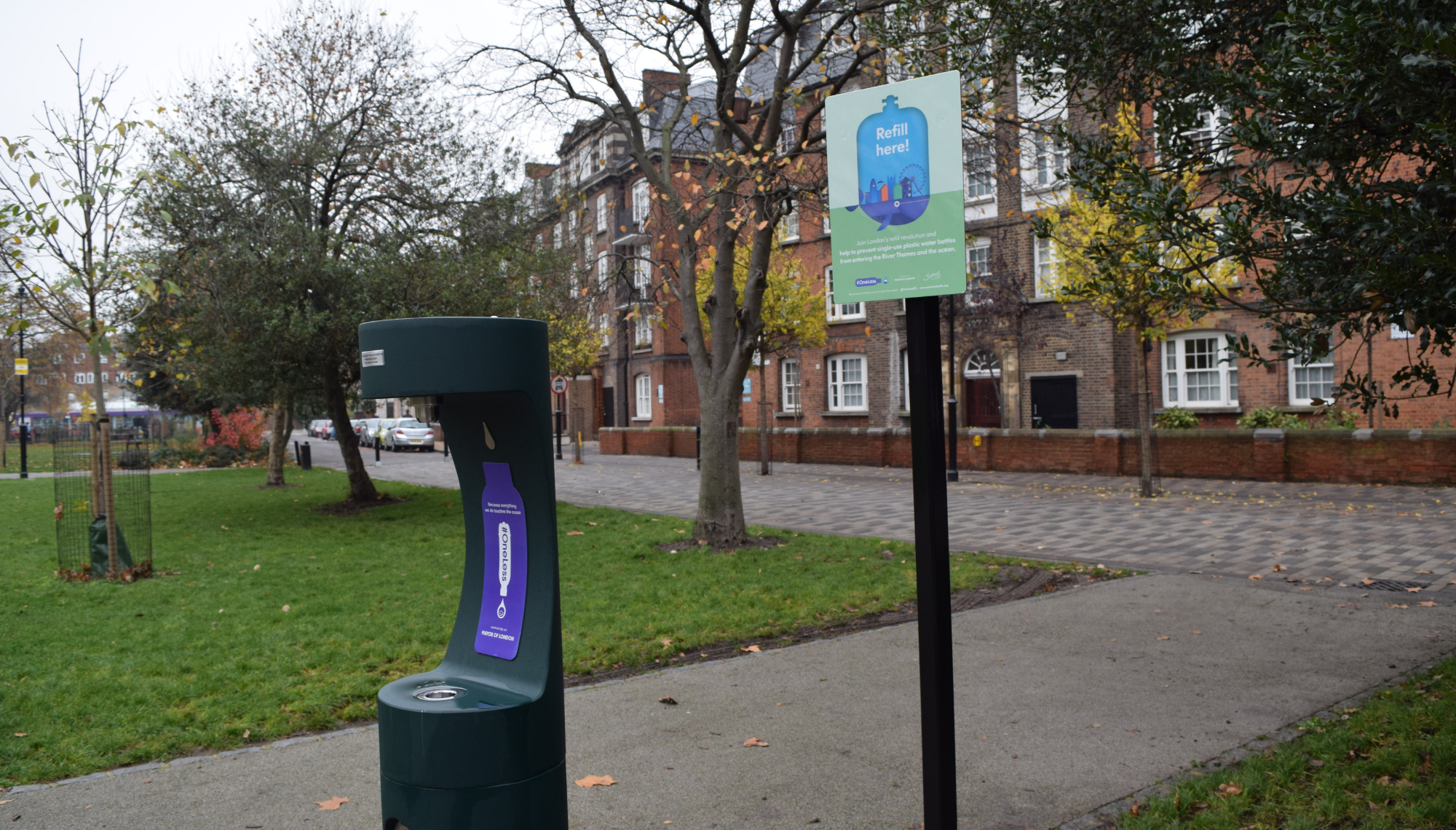
Plastic clean-up data
With both positive and negative outcomes from the surveys, I was unsure what to expect when looking at the bottle count data that #OneLess and Thames21 have been rigorously collecting as part of their Thames Bottle Monitoring citizen science program. However, it soon became clear that the amount of littered bottles being recorded along the Thames has decreased during the pandemic and even more so in periods of lockdown specifically. This was especially notable in the boroughs of City of London and Battersea.
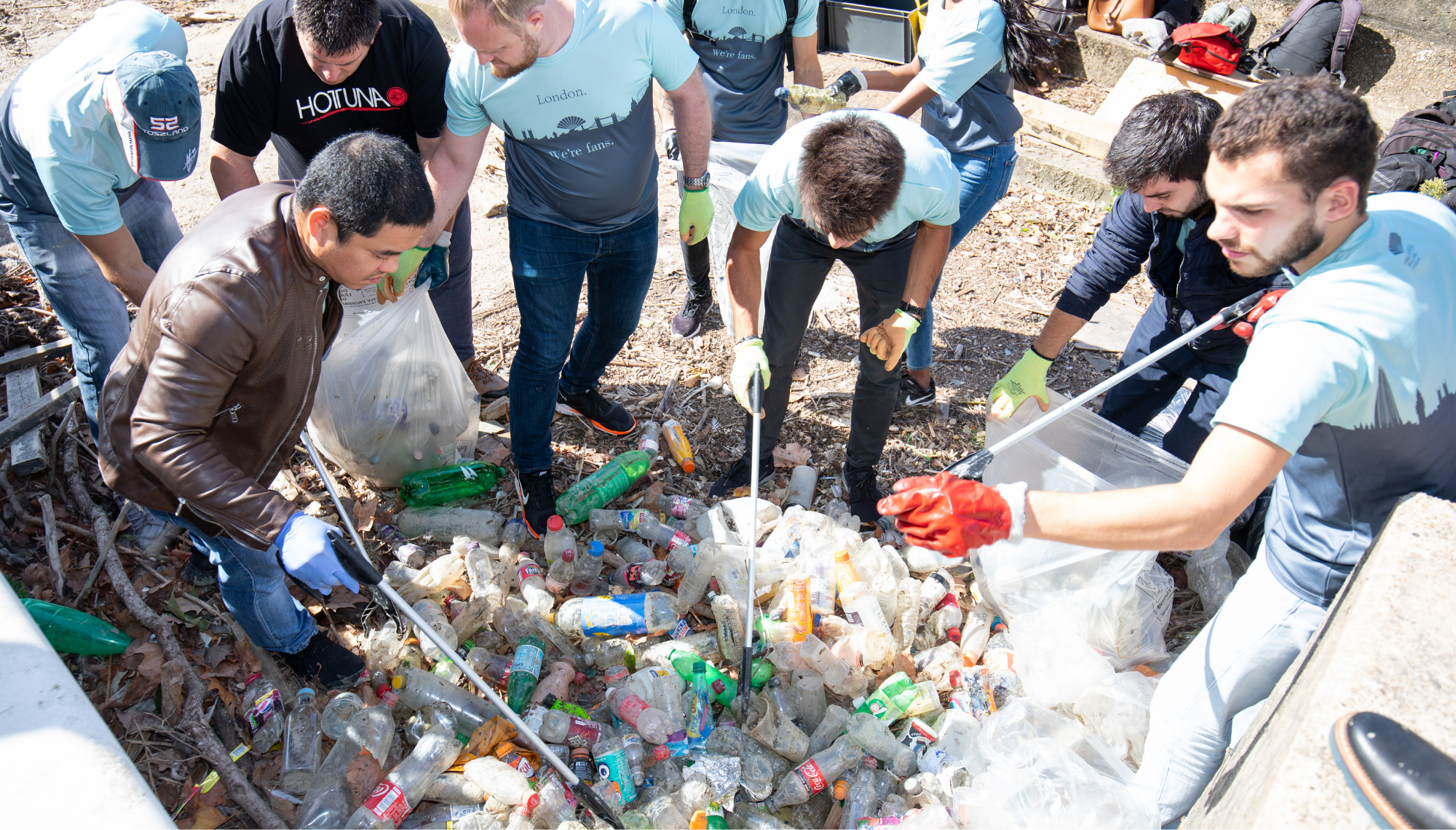
So what does all this mean? In the short term at least, the pandemic has had a positive impact on plastic bottle pollution on the River Thames. With up to half of workers in the UK working from home8, and a 90% drop in tourist visits to London since the beginning of the pandemic9, this trend is most likely due to a change in our way of life towards staying at home more, where we buy less bottled drinks as a consequence10.
However, the attitude change against public water fountains begs the question of what will happen once life starts to turn back to normal. Will there be a rise in pollution once ‘stay-at-home’ measures are lifted, and will it skyrocket due to the public’s hygiene concerns over certain refillable alternatives?
The good news is that research has shown that COVID isn’t transmissible by water and the risk of catching it from a public drinking fountain is low11. Further information obtained from the London Scientific Technical Advisory Committee has confirmed that it is safe to drink and refill your bottle from drinking fountains and participating businesses12. In addition, the GLA are taking action to ensure the safe provision of free water on-the-go for Londoners, including the daily cleaning of all fountains installed under their partnership with Thames Water. This means that going forward we can trust in drinking fountains and return to refilling, ensuring London continues reducing single-use plastic water bottle usage.
More research is needed to monitor and understand the impact of COVID-19 and the trends that emerge from the pandemic. Stakeholders such as policymakers, businesses, conservation groups, and of course the public in general, should aim to use this research to guide measures out of the pandemic and into the future. I truly believe that if actions based on this research are taken swiftly, we have a real opportunity to take advantage of this decline in plastic bottle pollution and turn it into a long-term, positive impact on the ocean plastic problem.
References:
- Adyel, T.M., 2020. Accumulation of plastic waste during COVID-19. Science, 369(6509), pp.1314-1315.
- Plastics Europe. 2020. Plastics – The Facts. [online] Available at: <https://www.plasticseurope.org/en/resources/publications/1804-plastics-facts-2019> [Accessed 24 June 2021].
- World Economic Forum, Ellen MacArthur Foundation and McKinsey & Company. 2016. The New Plastics Economy — Rethinking the future of plastics.
- YouGov/Mayor of London survey, August 2019
- YouGov/Mayor of London survey, June 2020
- YouGov/BRITA survey, July 2020
- Koldewey, H., Shairp, R., Carizzo, S., Kerry, C., Llewellyn, F., 2017. Single-use plastic bottle project summary report, Greater London Authority, unpublished.
- Office for National Statistics. 2020. Coronavirus and homeworking in the UK. [online] Available at: <https://www.ons.gov.uk/employmentandlabourmarket/peopleinwork/employmentandemployeetypes/bulletins/coronavirusandhomeworkingintheuk/april2020> [Accessed 24 June 2021].
- City of London. 2020. Tourism statistics. [online] Available at: <https://www.cityoflondon.gov.uk/things-to-do/tourism-trends-and-strategies/tourism-statistics> [Accessed 24 June 2021].
- Evans, J. and Abboud, L., 2020. Pandemic adds to the drain on bottled water. [online] Financial Times. Available at: <https://www.ft.com/content/981f3f16-9625-4c47-b67d-0a4dd23cbd79> [Accessed 24 June 2021].
- World Health Organisation. 2020. Water, sanitation, hygiene and waste management for the COVID-19 virus.
- London Scientific Technical Advisory Committee. 2020. Use of drinking water fountains, Refill London and reusable cups.
